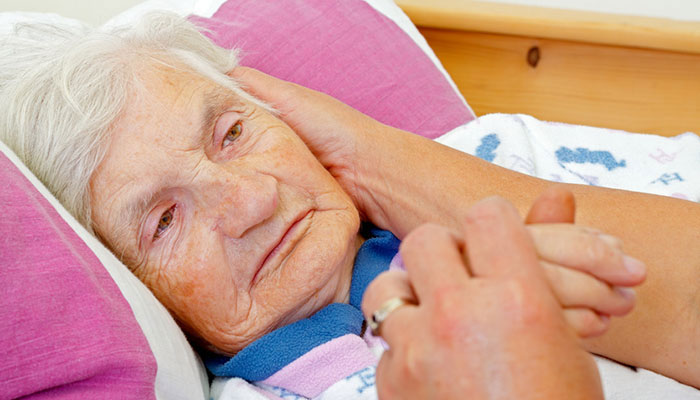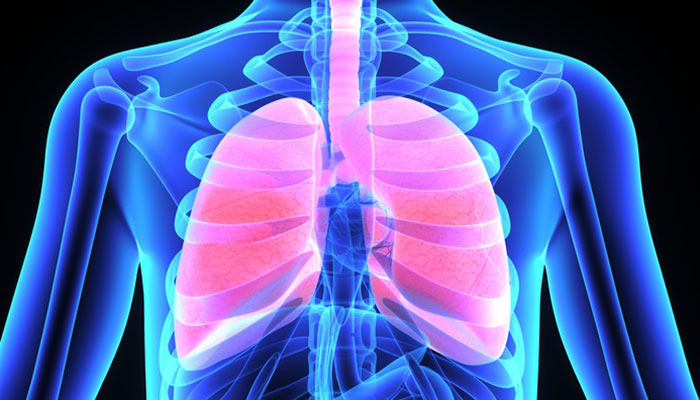
Sepsis occurs when the body overreacts to an infection. Its occurrence is on the rise, and it is deadly. You don’t catch sepsis from someone else. It’s a complication of an existing infection—of the lungs (pneumonia), bladder, or skin, for instance. With sepsis, the normal healing process goes awry. A too-massive immune response spreads through…










